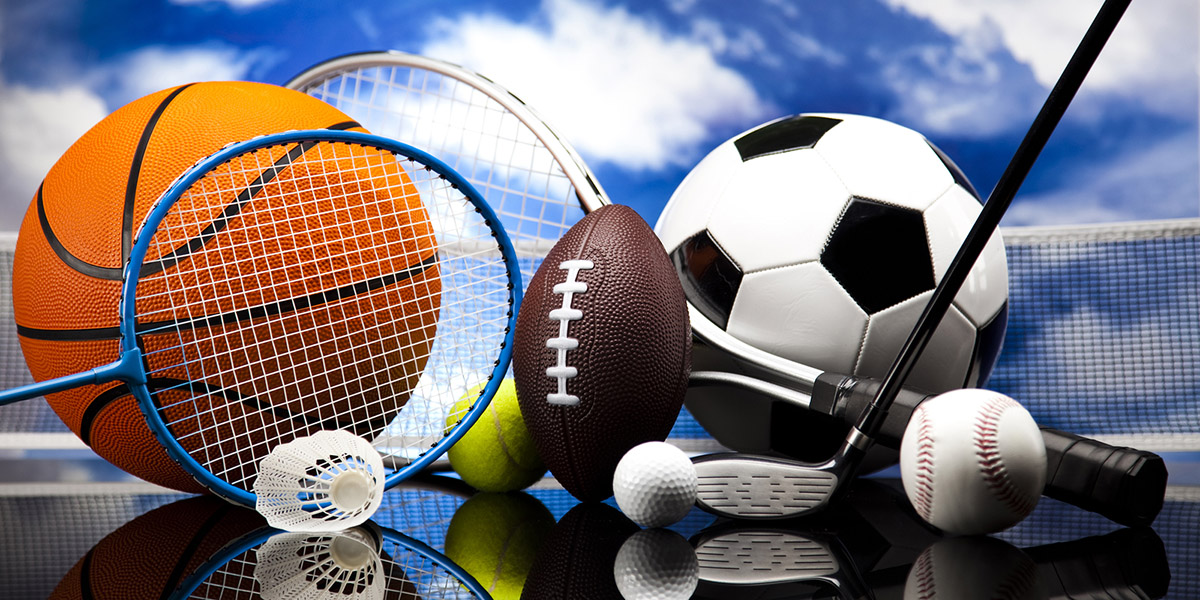
Mention the phrase “Amen Corner” and there will be few golfers who do not know where it is to be found. It was brought back into our attention this past week when The Masters tournament, one of golf’s prestigious four ‘Majors’, was played at Augusta National in Atlanta, though without any spectators. ‘Amen Corner’ is a stretch of three tough holes from the 11th to the 13th at Augusta with the 12th green as its apex, with many different theories as to how it came to be called such.
school of sport:with TIM MIDDLETON
Some would argue that it is called ‘Amen Corner’ as that is where the golfers’ destiny is determined, where glory can be found or floundered, where champions are made and where others are broken. In other words, it is where prayers are answered. Ben Crenshaw, a Masters champion in 1984 and 1995, once commented that “You know you’re going to need good fortune, and occasional prayer, to get through those holes when you’re in contention.” Another golfer claims a competitor was asked what he thought when he had got through those holes and he simply said, “You say ‘Amen’.”
There are many churches where the congregation call out “Amen” loudly when they like or agree with something the preacher has declared. Maybe it is a way of the congregation keeping themselves awake or maybe the cry is simply akin to a sporting fan’s shouts of appreciation for a great shot or skill. Interestingly, there are churches too where the preacher makes a point and then says, “Can I have an ‘Amen’?” It is this writer’s desire to call out as loudly, “No, you can’t! Get on with it!” This may sound highly irreverent and ungracious but the truth is the preacher should have enough belief in what he is saying that he does not need any endorsement or encouragement.
Modern sportsmen are similar to such preachers. How often have we seen sports stars, highly paid and extremely successful, exhorting the crowd to get behind them, to clap and cheer and shout, as if they cannot perform without such assistance? High jumpers and long jumpers turn to the crowd and get them to clap a rhythm for them to help them to concentrate. Is it the fans’ responsibility to motivate the players or is it the players’ responsibility to move the fans to greater volumes by their performance rather than their prayers and pleas? Now we even have empty stadiums playing recordings of crowds cheering and chanting in the absence of fans. What on earth are we doing? Are we going to be playing those same recordings at our next Under 13 rugby match?
Or is this simply another example of superstars who have forgotten what it is like for the average sports lover to play without a crowd? A recent theory arose when the first few weeks in the English Premier League this season saw a massive increase in the number of goals scored. Many people rushed to explain this phenomenon as being due to the fact that there have been no supporters allowed in the grounds, on account of the lockdown for Covid19.
It has been suggested that the absence of spectators “might give the strikers a bit more freedom to try things”. Others claim “it is easier for your mind to wander if there is not a crowd to keep your concentration up”. Still others claim that the “adrenaline you get from a crowd… maybe drops slightly when the crowd isn’t there.” One Premier League coach argued strongly, “It is taking away the sense of tension players feel around build-up play near their own goal and is also reducing the intensity and demand they feel for aggressive defending.” One manager said: “The absence of fans … reduces the focus and concentration of players. Fans open up your senses, increase the intensity of your muscular reaction. It has a huge influence in the head of players, I would say even 20%.” Interestingly, he added, “Without them it is 11 v 11 with a ball and a ref – everything balances out.”
If we follow this logic then our school players must be twenty percent better than they appear to be. It is important they learn how to play 11 v 11 with everything balanced out. And maybe it is time these superstar sportsmen should be learning to concentrate, focus, make correct decisions without the assistance of screaming crowds; they should have learned that at school. Instead, it seems they do not have a prayer. We must equip the children to do so. Do we have an ‘Amen’? No! Just get on with it. Concentrate; focus; pray even – better still, play! Or else we will be left in that corner.
- Chamisa under fire over US$120K donation
- Mavhunga puts DeMbare into Chibuku quarterfinals
- Pension funds bet on Cabora Bassa oilfields
- Councils defy govt fire tender directive
Keep Reading
l Tim Middleton is a former international hockey player and headmaster, currently serving as the Executive Director of the Association of Trust Schools Email: [email protected]











